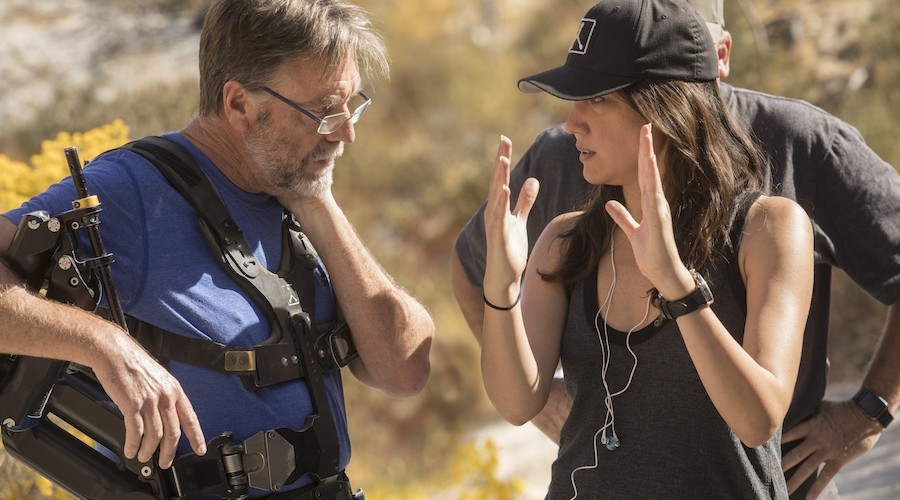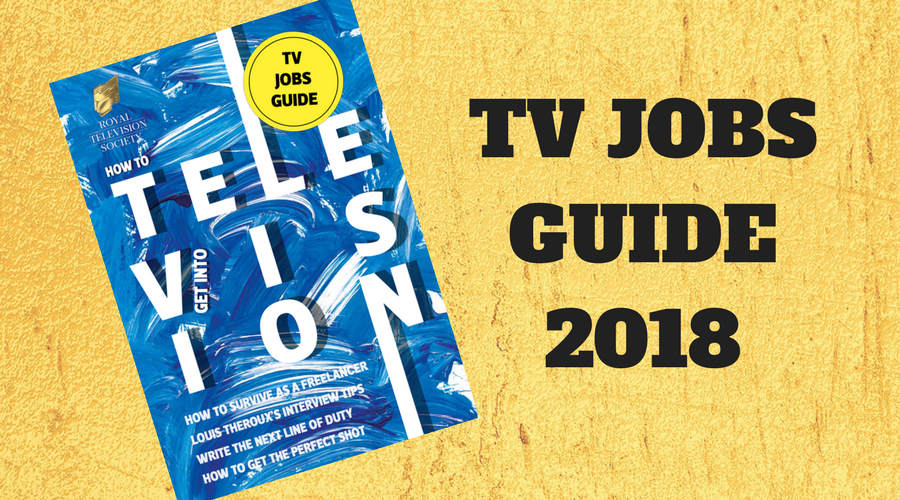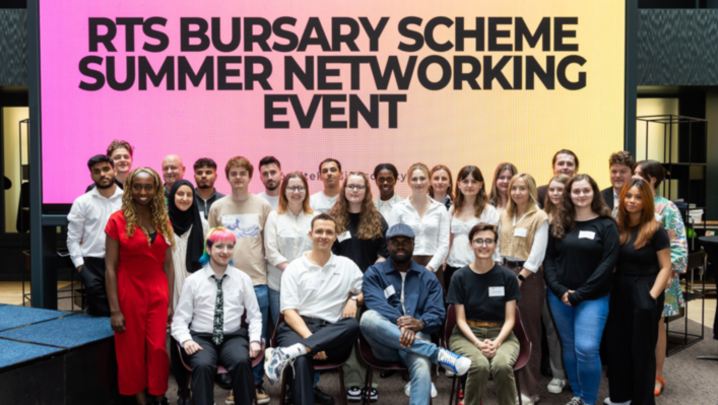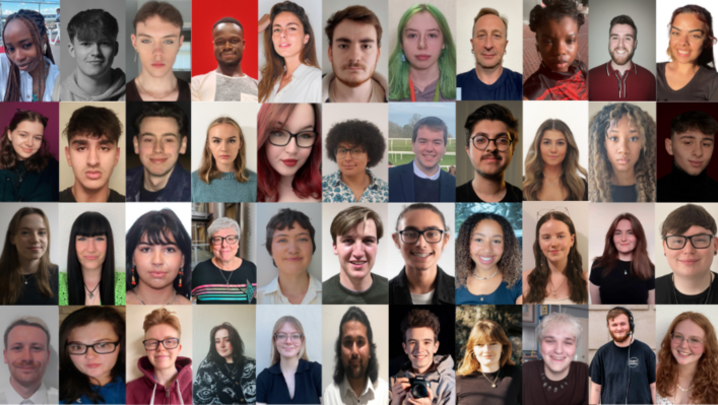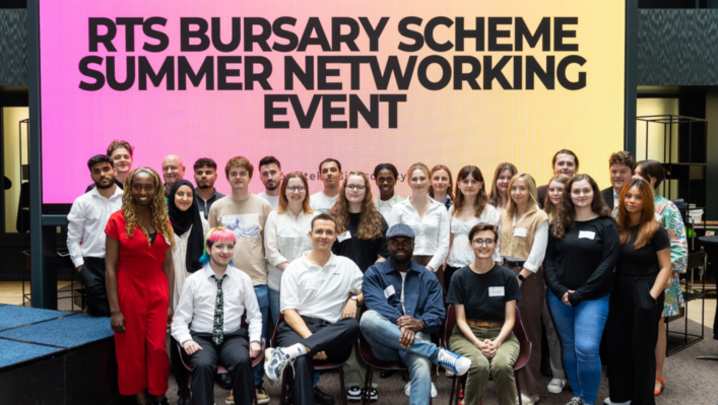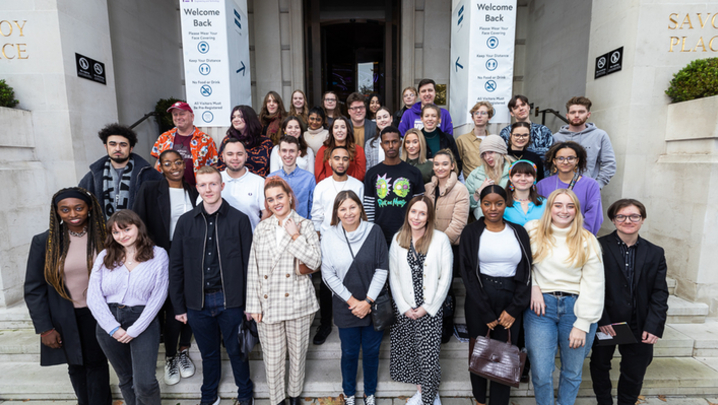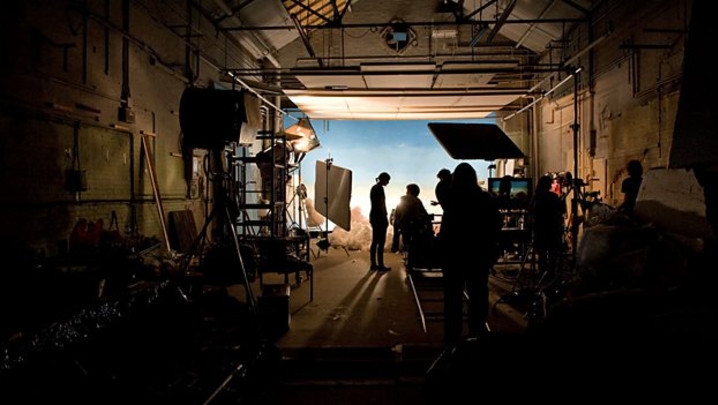Holly Close, Talent Schemes Producer for Edinburgh International Television Festival asks people in the industry for top tips for how to fight the fear and impress in your first TV job
Congratulations! You’ve honed your CV; done some networking and your hard work has turned into your first TV job. But now you’ve got your foot in the door, how do you turn it into a lifelong career?
Starting out on a week-long position here or a few days of running there can feel pretty daunting, but no matter how junior the role or short the contract, every job is a chance to build a name for yourself, not just at the company you’re working for, but in the wider industry too. People move around a lot between roles and productions, so word travels fast about dependable new talent. Stand out in one job, and you could soon be being recommended for plenty more.
For Emily Fielden, Talent Executive at Studio Lambert, the opportunities to impress come before you’ve even set foot on set: “Do your research. You’re so much more charming when you’re well prepared.” As well as checking out the route to the studio or researching the programme you’re working on, make sure you’re ready for anything the day can throw at you. Having a pen ready to take notes, or a phone charger you can lend to the director can easily avert disaster, and get you a reputation as someone to rely on in a crisis.
Small things can make a big difference on a hectic production. Whether it’s staying later to help with photocopying or remembering how the crew take their coffee, being kind and using your initiative will help you make a great impression. And doing a drinks round is more than just a way to keep the team’s caffeine levels up. “Kitchens are a great place to meet people - eventually you'll be asked, 'What are you working on' - which is a perfect moment to do your spiel and say, 'Let me know if you need a hand on anything',” says AP Simon Lee.
It’s also helpful to figure out your own unique selling point, and make sure other people know about it too. Knowledge you already have, like speaking a second language, knowing how to drive or having a specialist academic background, can help you make the leap from runner to researcher - but be proactive about learning new skills on the job too. Finding a quiet moment to ask about camerawork or learn about editing demonstrates that you’re keen and engaged, and can help prepare you for your next role.
And lastly, even when the job is over, keep chatting to the contacts you’ve made. Logger Suna Yokes describes: “It helps to keep in touch with friends you make along the way and to let each other know when companies you're already in are looking for people. People really value recommendations from people they already know.” You never know when an old acquaintance could be your new colleague.


